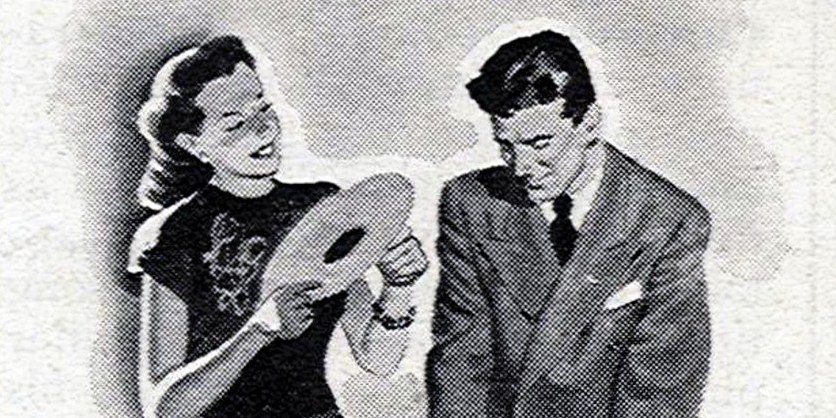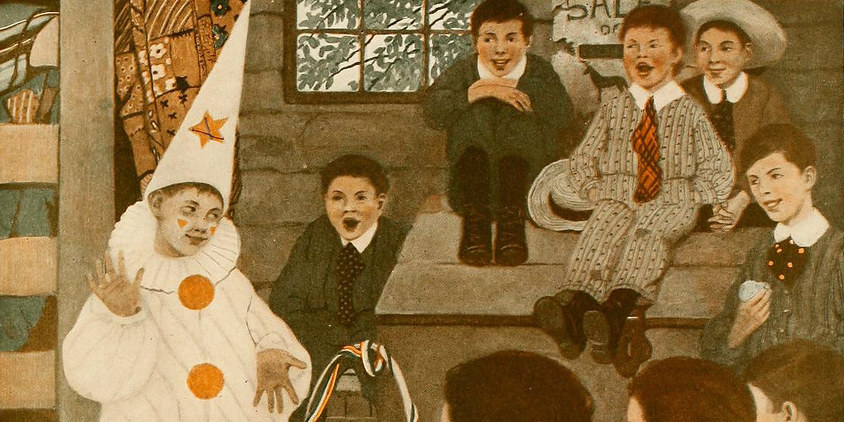If you cross a creative over the holidays…
Being a professional namer of companies and products affects how people interact with you at social gatherings and holiday parties. New acquaintances might question “how it all works” or ask if I “went to school for that,” and tend to be enthusiastic to know more—especially if they have a new project or side hustle in development.

I think it’s a privilege to love your work—and I love naming—so I’m always happy to talk nouns, verbs, and adjectives with someone who is fleshing out a new idea. Sometimes though, it can be hard for the person sitting across the dining table with crumbs hanging on their cashmere to hear a critique on their potential name.
At A Hundred Monkeys, we follow a process that we’ve been honing for three decades. At the beginning of that process, when a new client signs on the dotted line, they’re not just agreeing to work with us, they’re agreeing to let go—at least a little bit. Creativity is very personal. When a founder invites us to help them name—or especially rename—their company or product, it’s a sign that they’ve put some deep thinking into the changes this will have on their professional life. They may have been referred by a close colleague or peer, researched us online, read some of our case studies or other writing, inevitably spoken to Rose (our Director of Client Services), and had a deep think with their board, co-founders, or inner circle.
I can’t say that the rosy-cheeked person finishing the bottle of cabernet across from me has had the same level of preparation.

It is possible to have a candid conversation about naming in a casual social setting, but there isn’t much comparison between the professional process I’m used to and a few quick exchanges at a dinner party. Typically, before anyone on our team ever sits down with a given client to discuss potential names, there could be hours, days, even weeks of interviews and research. Every time our Creative Director Eli Altman appears on a podcast or panel and is asked on the spot to supply names for a hypothetical business, I politely chuckle and shake my head in unison with him thinking, “That’s not really how it works.”
Someone who hatched a business model yesterday or last year might be ready to hear some input on the name they’ve come up with. At the same time, some of our clients have taken years to come to the conclusion that they need a name change and it can still be hard to say goodbye. So if you happen across a naming strategist in the wild, it’s important to remember a few things:
One: If you have a name and it’s working, or you have no way of knowing if it’s working because you haven’t launched, then it will probably be hard to discuss the name in the abstract. Neither you nor the market have noticed an egregious issue, so you can probably just carry on.

Two: If you have a name and you love it, your audiences love it, your colleagues love it, your kids love it, and the USPTO loves it enough to register it as a trademark, then rather than asking me what I think of it, just tell me what it is. If it’s truly bad (like, unintentional profanity bad) then I may blink, but I won’t rack my brain for meaning or ask you unintentionally prying questions in front of all of your friends when I’m put on the spot to judge it. Our creative process thrives on one-on-one communication after all.
Three: Story is more important than a uniform resource locator, or URL. There are several items that we don’t prioritize at A Hundred Monkeys, and one of those items is pure dot coms. We believe that the power, beauty, and story that you can impart with a name is much more important than its ability to live to the left of: .com. If you already have a name, own its pure dot com, and that domain name is important to you, then you aren’t going to want to hear what we think about the name itself if it feels underwhelming but you’re already locked in for several hundred or several thousand dollars.
This is the time of year when we spark up conversations with new and old friends amidst holiday festivities. The same way you would have to be open minded about the feedback you might get from a developer friend on your new app or from your in-law the chef on your food truck concept, you should be prepared to receive proportionately precise feedback from a creative on your brand, logo, or name.
Thanks to Rose Linke and Patrick Keenan.

